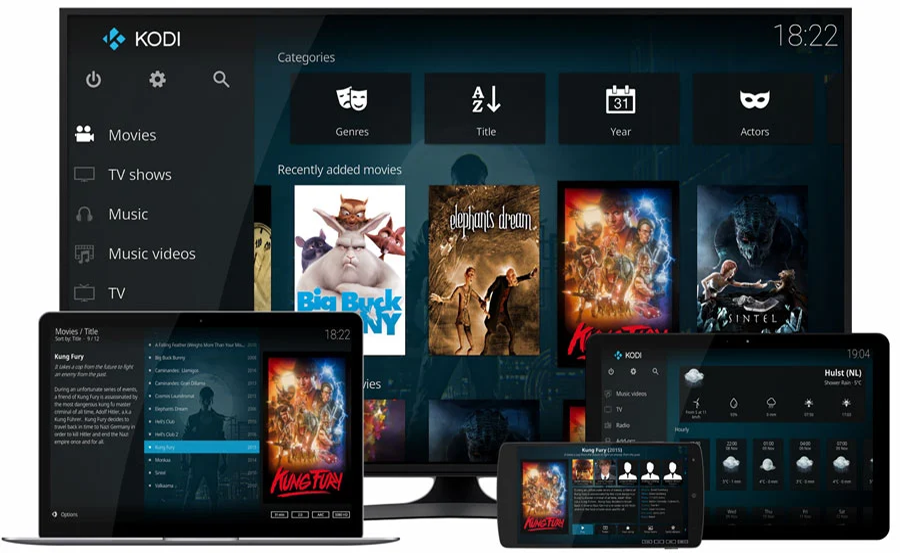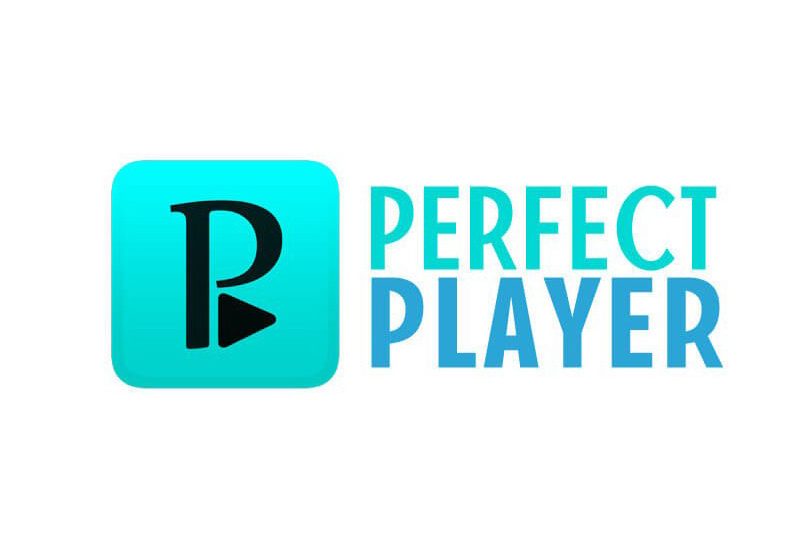In today’s fast-evolving digital landscape, deciding how to consume media is more complex than ever. As the options between Kodi IPTV and traditional cable expand, choosing the right fit for your viewing needs can feel overwhelming. Each option boasts unique features and benefits, but which option truly enhances your viewing pleasure? In this extensive guide, we will explore and compare Kodi IPTV and traditional cable to help you make an informed decision.
Understanding the Basics
To determine the better option between Kodi IPTV and traditional cable, it is crucial to understand what each term entails. IPTV, or Internet Protocol Television, streams television content over the internet. Unlike traditional cable that relies on satellite signals or underground cables, IPTV allows for a more flexible and customizable viewing experience.
What Is Kodi IPTV?
Kodi IPTV is a popular software platform that gives users access to Internet Protocol Television services. With Kodi, viewers can enjoy a wide array of channels and on-demand content through add-ons that extend its functionality. For IPTV beginners, Kodi offers an accessible way to experiment with new streaming capabilities without investing in costly hardware. Nonetheless, diving into IPTV requires a good understanding of how it works and the legal considerations involved.
Smart Insight:
Never miss a beat with IPTV UK, designed for flawless streaming of your favorite content.
The Traditional Cable Experience
Traditional cable has been the go-to choice for many households over the years. By offering a vast selection of channels packaged conveniently, it provides consistent and reliable television access. However, users may find cable packages restrictive due to predetermined channel line-ups and at times, expensive subscription models with additional fees. It appeals mainly to those who prefer straightforward, plug-and-play access to television.
Comparing Features and Flexibility
When putting Kodi IPTV against traditional cable, several factors come into play including flexibility, variety, and cost. Here’s how each compares to offer an insight into their respective benefits and drawbacks.
Channel Selection and Variety
Kodi IPTV: Offers an incredibly diverse range of channels and international content. Customizing your viewing with add-ons catering specifically to your interests is easy.
Traditional Cable: Boasts a broad spectrum of local and premium channels, often requiring a higher subscription tier to access niche or international content.
Cost Considerations
Kodi IPTV: Generally more budget-friendly, especially when considering no geographical boundaries on available add-ons. The primary expense lies in acquiring an IPTV subscription service.
Traditional Cable: Monthly bills fluctuate based on package choice, additional premiums, DVR services, and unexpected service fees. Special introductory offers may entice but often escalate.
Ease of Use and Setup
Kodi IPTV: Initially requires technical know-how, from software installation to configuring add-ons. Once set up, navigating the interface is intuitive but can vary significantly between different add-ons.
Traditional Cable: Installers handle the setup, and operation is mostly hassle-free. Users benefit from established customer support and maintenance services.
Evaluating Quality and Reliability
Quality is a deciding factor for many when choosing between Kodi IPTV and traditional cable. Differences in delivery method impact both picture quality and streaming reliability.
Picture and Streaming Quality
Kodi IPTV: Quality largely depends on internet speed and provider reliability. With a robust connection, IPTV can reach or even exceed cable quality. However, slow speeds can lead to buffering or degraded quality.
Traditional Cable: Known for high-definition, consistent picture quality. The connection is less impacted by network reach or the viewer’s location, reducing instances of interference.
Reliability and Connectivity
Kodi IPTV: Prone to interruptions, especially in areas with unstable internet or during peak times. It’s essential to consider your internet service’s capabilities before switching completely to IPTV solutions.
Traditional Cable: Provides stable and continuous service barring outside disruptions like severe weather. Its consistent nature makes it trustworthy for users prioritizing reliability.
Target Audience Preferences
Understanding the preferences of potential users provides clarity on the suitable choice between Kodi IPTV and traditional cable.
The Tech-Savvy Viewer
Individuals comfortable with technology, who enjoy modifying and personalizing their experience, often lean towards Kodi IPTV. With its custom plugins and community-supported content, the adaptability offered is second to none.
The Conventional Viewer
For viewers who value simplicity and ease of access, traditional cable remains appealing. Its structured packages and straightforward operation minimize hassle and cater instantly to content preferences with minimal configuration.
The Legal Landscape of IPTV and Cable
Legal considerations shouldn’t be underestimated when deciding on a media delivery method. Both IPTV and traditional cable come with specific legal caveats to be aware of.
IPTV Legal Issues
Subscribers should carefully choose legitimate IPTV services to avoid piracy. Many available inspirations, while enticing, operate in gray areas of legislation and might expose users to copyright infringement liabilities.
Cable Regulations
Traditional cable providers must comply with specific governmental regulations, ensuring that their operations are legal and safe for consumers. This adds a layer of consumer protection often missing with less transparent IPTV services.
Future Trends and Developments
Both IPTV and traditional cable are poised for evolution over the coming years. Understanding potential advancements can sway your decision towards the more sustainable option for future media consumption.
Innovations in IPTV
The IPTV market continues to grow, integrating immersive technology like VR and interactive features in streaming to meet evolving consumer expectations. Service providers are investing in these areas for future enhancement.
- Improvements in streaming quality with 4K and beyond.
- Increasing global content accessibility.
- Interactive, engaging streaming experiences.
Improvements in Traditional Cable
Cable providers, while facing competition, are innovating by integrating smart DVR services and merging with online streaming platforms to broaden their offering and retain consumer interest.
A Personal Verdict
Ultimately, deciding between Kodi IPTV and traditional cable boils down to personal preference, need for flexibility, and technical comfort level. While IPTV offers a modern media experience with vast customization options, traditional cable delivers reliability and familiarity. Consider trying both to determine the best suited for your media habits and lifestyle.
Frequently Asked Questions (FAQs)

1. What are the basic requirements for setting up Kodi IPTV?
Setting up Kodi IPTV requires an internet connection, a compatible device (like a smart TV, smartphone, or computer), and an IPTV subscription service to access channels and content.
2. Is traditional cable better for sports lovers?
Traditional cable typically offers a comprehensive package for sports channels, ideal for fans looking for live coverage and exclusive sports content that might be missing from some IPTV services.
3. Can I use both Kodi IPTV and traditional cable simultaneously?
Yes, many users opt to use both, enjoying the variety and flexibility of IPTV alongside the stability and channel assortment of traditional cable. This hybrid approach can enhance your viewing pleasure.
4. Are there any hidden costs associated with IPTV subscriptions?
While IPTV services tend to be upfront about costs, users should remain vigilant for premium content or features that might result in higher expenses than initially expected.
5. Does IPTV offer parental control features?
Yes, many IPTV services provide robust parental controls, allowing you to manage easily what content is accessible to younger audiences.
The Complete Guide to Installing IPTV Apps on Samsung Smart TVs





